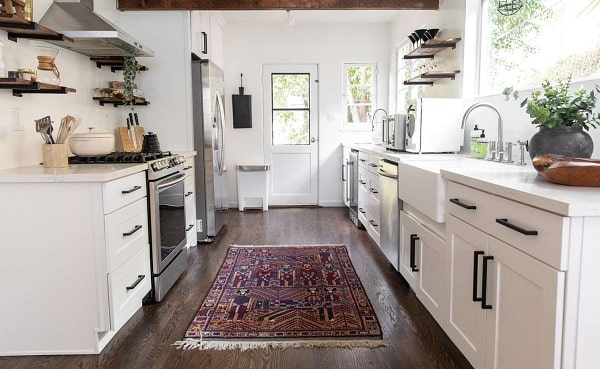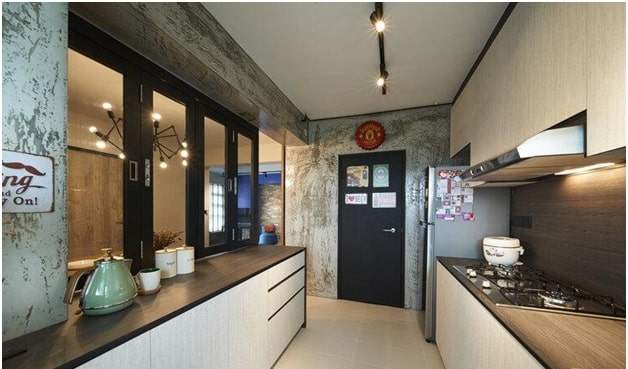Invigorating your kitchen can be a tremendously fulfilling home improvement project. It’s not merely about enhancing the visual aspects of your space; it’s about crafting a space that’s functional, efficient, and enjoyable for culinary endeavors or hosting get-togethers. A well-designed kitchen can significantly elevate your quality of life. However, embarking on a kitchen renovation can feel overwhelming, with countless decisions to make and factors to consider.
This guide will equip you with the essential steps to ensure a smooth and successful kitchen transformation, from establishing a realistic budget to selecting the ideal materials and appliances.
Setting a Realistic Budget
The first step in any renovation project is to establish a realistic budget. Determine how much you can afford to spend and try to stick to that amount. Include a buffer for unexpected expenses, typically around 10-20% of your total budget. Consider what aspects of your kitchen are most important to you, whether it’s high-end appliances, custom cabinetry, or durable countertops, and allocate your funds accordingly. Research costs thoroughly and get multiple quotes from contractors to avoid any surprises. Remember, it’s often better to invest in quality materials and skilled labor upfront to avoid costly repairs or upgrades down the line.
Planning the Layout
A well-thought-out kitchen layout is crucial for both functionality and aesthetics. The classic kitchen triangle — the optimal distance between the sink, stove, and refrigerator — is a good starting point. Consider how you move through the kitchen and plan the layout to minimize obstacles and maximize efficiency. Open floor plans are popular, but they aren’t suitable for every home. Evaluate your space and your cooking habits to determine the best layout for you. Additionally, ensure there is adequate counter space and storage to meet your needs. Consulting with a professional designer can provide valuable insights and help you make the most of your space.
Choosing Materials and Finishes
The elements you select for your kitchen will dictate its overall ambiance and character. From cabinets and countertops to flooring and backsplashes, there’s a vast array of materials to choose from, each with unique advantages and drawbacks. For instance, granite and quartz countertops offer both durability and style, but they come with a steeper price tag. Laminate and solid surface materials offer more budget-friendly options. When choosing cabinetry, consider both aesthetics and functionality. Soft-close hinges, pull-out shelves, and built-in organizers can greatly enhance the usability of your kitchen. When it comes to kitchen flooring, both resilience and easy maintenance are key. You’ll find a wide variety of materials to choose from, including classic options like hardwood and tile, alongside budget-friendly choices like vinyl and laminate.
Managing Deliveries and Logistics
Logistics play a crucial role in a kitchen renovation, particularly when it comes to the delivery of large items like appliances, cabinets, and countertops. Shiply is a service that can help streamline this process by connecting you with rated delivery companies that can handle these items. Leverage these trustworthy platforms to your advantage! They allow you to gather multiple quotes and select the service that best suits your requirements, often at a competitive price point since providers vie for your business. This can translate to significant time and cost savings, keeping your renovation on schedule and budget-friendly.
Hiring the Right Professionals
Unless you are an experienced DIYer, hiring professionals is essential for a successful kitchen renovation. Start by researching and gathering recommendations for contractors, designers, and other specialists. Look for professionals with a solid track record and positive reviews. Meet with potential candidates to discuss your project, get estimates, and assess their compatibility with your vision. A good contractor will manage the project, coordinate with subcontractors, and ensure the work is done to code. Clear communication and a detailed contract are crucial to avoid misunderstandings and ensure your renovation stays on schedule and within budget.





